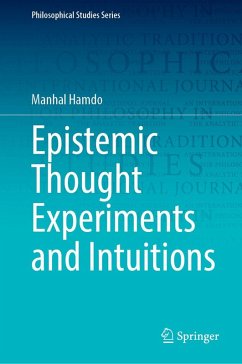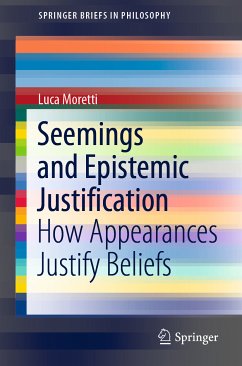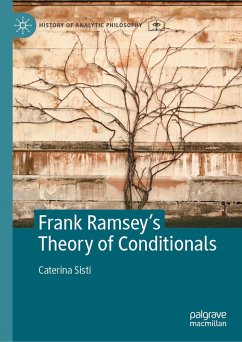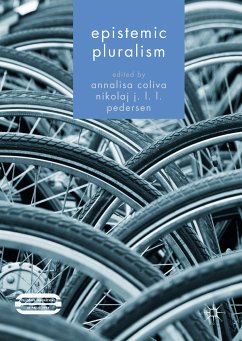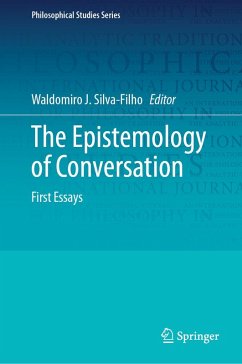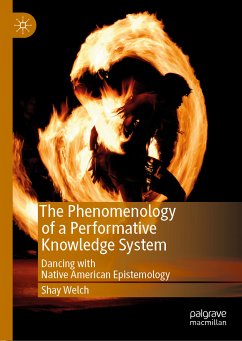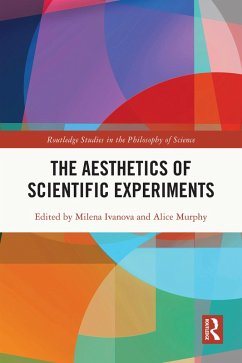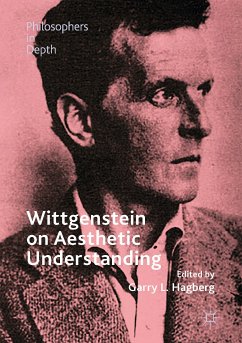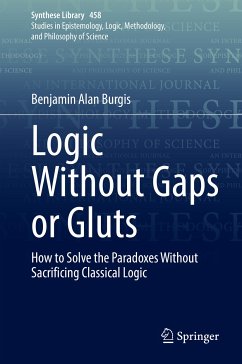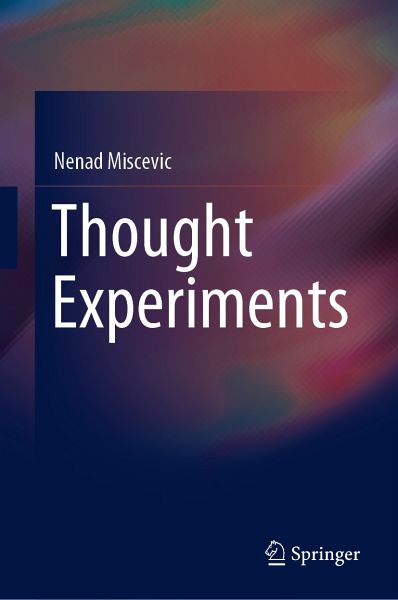
Thought Experiments (eBook, PDF)
Versandkostenfrei!
Sofort per Download lieferbar
52,95 €
inkl. MwSt.
Weitere Ausgaben:

PAYBACK Punkte
26 °P sammeln!
This book offers a readable introduction to the main aspects of thought experimenting in philosophy and science (together with related imaginative activities in mathematics and linguistics).It presents the main options in understanding thought experiments, from empiricism to Platonism, and discusses their strengths and weaknesses. However, it also provides some original perspectives on the topic. Firstly, it provides a new definition and analysis of thought experimenting that brings it closer to laboratory experimenting. Secondly, it develops the author's earlier theory of "mental modelling", ...
This book offers a readable introduction to the main aspects of thought experimenting in philosophy and science (together with related imaginative activities in mathematics and linguistics).
It presents the main options in understanding thought experiments, from empiricism to Platonism, and discusses their strengths and weaknesses. However, it also provides some original perspectives on the topic. Firstly, it provides a new definition and analysis of thought experimenting that brings it closer to laboratory experimenting. Secondly, it develops the author's earlier theory of "mental modelling", proposed some decades ago by him, and some other researchers in the field as the crucial procedure in thought experimenting. The mental modelling approach links work with thought experimenting to cognitive science and to research on mental simulation which is a hot topic in present-day research. Thirdly, it proposes a principled way to respond to criticism of thought experimentingby "experimental philosophers" as they have been dominating the present-day debates. The response suggests a possible ameliorative, self-help project for thought experimenting.
Finally, the book provides a way to systematize the history of important thought experiments in science and philosophy and thus connects, in an original way, the systematic investigation of experimenting to the historical work of famous thought experiments. It is of interest to scholars interested in history of ideas and philosophy of science.
It presents the main options in understanding thought experiments, from empiricism to Platonism, and discusses their strengths and weaknesses. However, it also provides some original perspectives on the topic. Firstly, it provides a new definition and analysis of thought experimenting that brings it closer to laboratory experimenting. Secondly, it develops the author's earlier theory of "mental modelling", proposed some decades ago by him, and some other researchers in the field as the crucial procedure in thought experimenting. The mental modelling approach links work with thought experimenting to cognitive science and to research on mental simulation which is a hot topic in present-day research. Thirdly, it proposes a principled way to respond to criticism of thought experimentingby "experimental philosophers" as they have been dominating the present-day debates. The response suggests a possible ameliorative, self-help project for thought experimenting.
Finally, the book provides a way to systematize the history of important thought experiments in science and philosophy and thus connects, in an original way, the systematic investigation of experimenting to the historical work of famous thought experiments. It is of interest to scholars interested in history of ideas and philosophy of science.
Dieser Download kann aus rechtlichen Gründen nur mit Rechnungsadresse in A, B, BG, CY, CZ, D, DK, EW, E, FIN, F, GR, HR, H, IRL, I, LT, L, LR, M, NL, PL, P, R, S, SLO, SK ausgeliefert werden.



